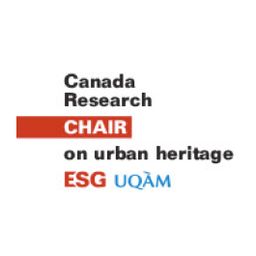As Found Domino
My Session Status
What:
Paper
When:
4:00 PM, Thursday 25 May 2017
(30 minutes)
Where:
The Niagara Pumphouse Arts Centre
- The Walker Room
Themes:
modernismdesigninternational influence
Arguably—and ironically—Modernism's heritage value can be traced to its inception and premise: a break from history to explore and express architecture uninhibited. Formally, this presents itself prominently through the free plan, symbolized through Le Corbusier's Maison Dom-ino. The ability to provide a core structure, with the remaining space generic and facilitated as desired, can prove a critical asset to modernism's longevity. Alongside this idea, Modernism's maturity lead to more inclusive approaches, through the work of Team 10 and more specifically the Smithsons, through their As Found concept. Finding value in the ordinary, recording the existing and assessing attributes for subsequent design, presents a strategy of appreciation and future inclusivity for the built, with the intermingling of new and intervening elements. When these 2 concepts are considered in collaboration, the potential for an As Found Domino strategy may deliver a type of conservation approach for modernist structures. This strategy's merits in assessing heritage value and its conservation will be tested through a case study mid-century modern building, a post-war genre of Modernism that requires immediate consideration if it is to take part in any historical architectural lineage. Additionally, attempts to tease out this building's latent conditions, will provide additional testing for this strategy. The impact of architect Peter Dickinson's work within 10 years was unparalleled and prolific in ushering in a refreshed architectural language throughout the city of Toronto. Spanning back to the early 1950s, his extant buildings are all under some degree of threat. One of these, the Juvenile and Family Court building, a wonderfully sprawling complex within one of the city's most active development wards, will be the considered case study.

Discussion